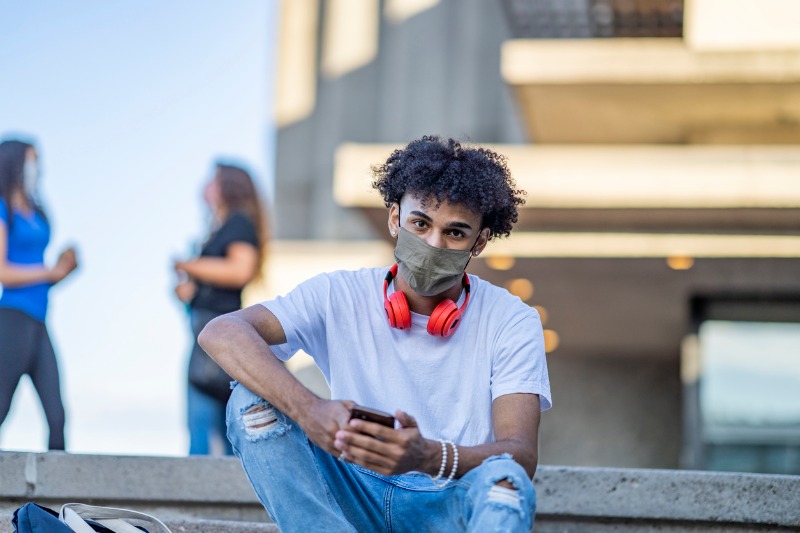By: Ingrid Jacques of The Detroit News, featuring The Independent Women’s Law Center
Education Secretary Betsy DeVos’ new rules governing Title IX campus sexual misconduct investigations, released formally in May, have received a lot of attention for their efforts to ensure due process is afforded all students.
But due process isn’t the only constitutional right that is impacted by the important reforms.
So is free speech.
The revamped rules also include a more specific definition of what constitutes sexual harassment under Title IX, which should go a long way to bolstering expression on campus.
…
You can see the problem.
“Any time someone tells a dirty joke, it’s not sexual harassment,” says Jennifer Braceras, director of the Independent Women’s Law Center. “Those limits are important to protect free expression.”
The University of Oregon dropped the charges after the Foundation for Individual Rights in Education brought attention to the school’s overreach.
FIRE is one of the organizations looking to get involved in the new Title IX lawsuits, because it has tracked the free speech limits placed on students as a result of overly intrusive harassment policies.
This is why DeVos and her team wanted to rely on a much more specific definition of harassment: Conduct “so severe, pervasive and objectively offensive” that it could deprive a student of educational opportunities.
It’s also a definition that comes directly from the U.S. Supreme Court, in its 1999 Davis v. Monroe County Board of Education decision.
FIRE, along with the Independent Women’s Law Center and Speech First, filed a petition last week to intervene in a case brought by the ACLU.
These groups want to argue that the Education Department’s harassment definition is not only permissible but required by the First Amendment.
…
To read the full article, click here.

